Optimal Timing for Flood Lighting Installations
Flood lighting installations are most effective when scheduled during periods of optimal weather conditions and minimal disruption. Proper timing ensures safety, durability, and optimal performance of lighting systems. Planning installations during dry, mild weather reduces the risk of delays caused by rain or extreme temperatures.
Spring and early fall are ideal due to moderate temperatures and stable weather patterns, facilitating safer and more efficient installation processes.
Avoid installations during winter or peak summer heat, as cold temperatures can affect equipment, and extreme heat can pose safety risks to personnel.
Scheduling during off-peak hours or seasons can reduce disruptions and ensure timely completion of flood lighting projects.
Longer daylight periods in spring and summer provide more flexibility for installation work before nightfall.
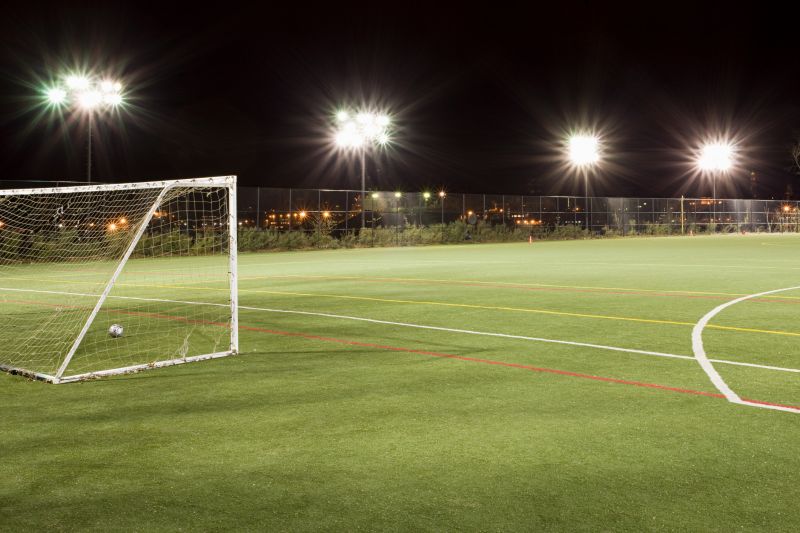
High-quality flood lights ready for installation in optimal weather conditions.
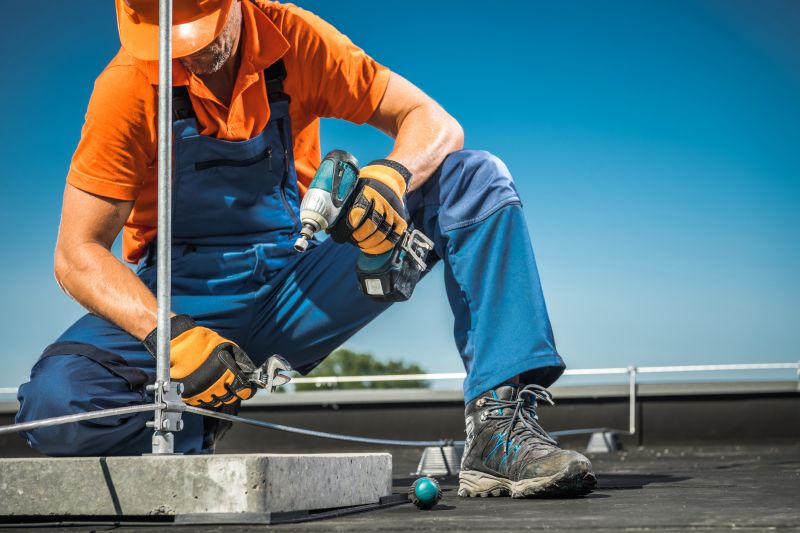
Technicians working during favorable weather for efficient setup.
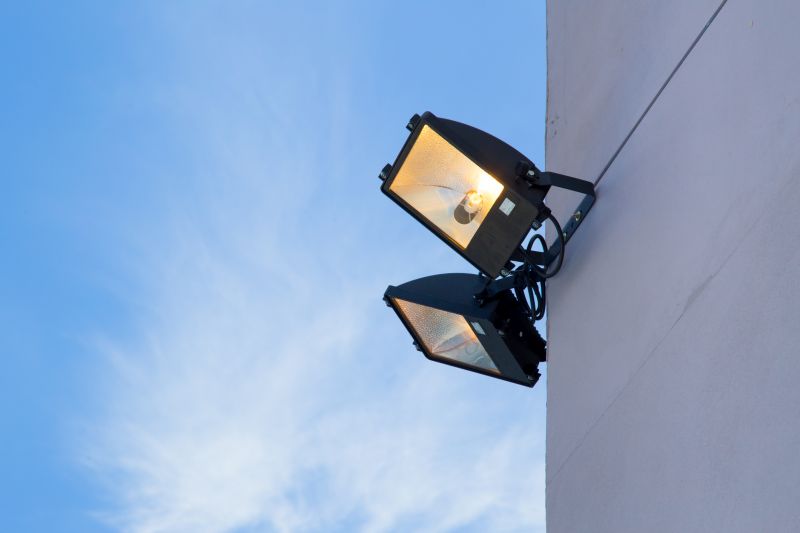
Preparing the site for flood lighting installation during suitable weather.
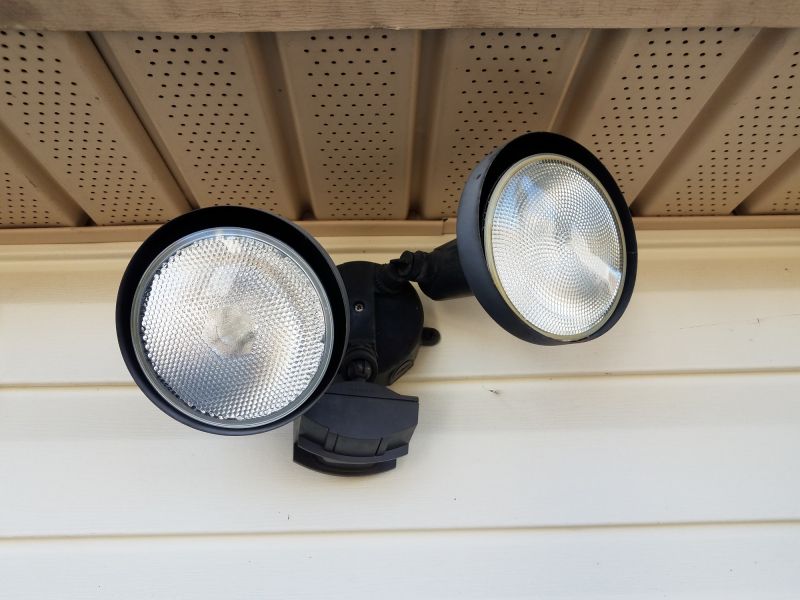
Ways to make Flood Lighting Installations work in tight or awkward layouts.
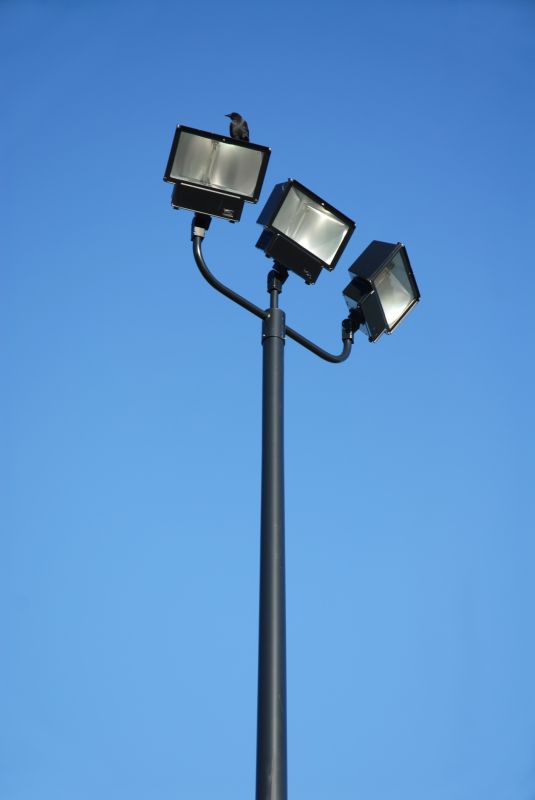
Popular materials for Flood Lighting Installations and why they hold up over time.
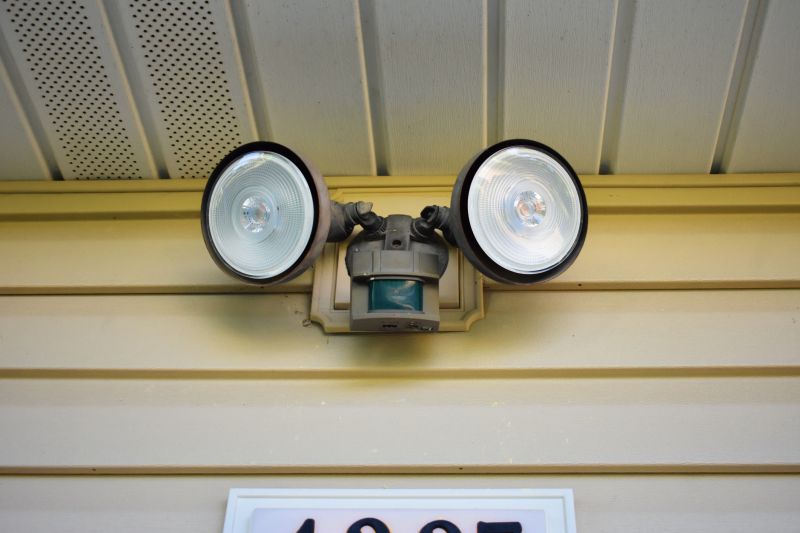
Simple add-ons that improve Flood Lighting Installations without blowing the budget.
Flood lighting installations play a crucial role in enhancing visibility, security, and aesthetic appeal of outdoor spaces. Properly timed installations maximize system longevity and performance. Advances in lighting technology allow for energy-efficient and customizable solutions that can be tailored to specific site requirements.
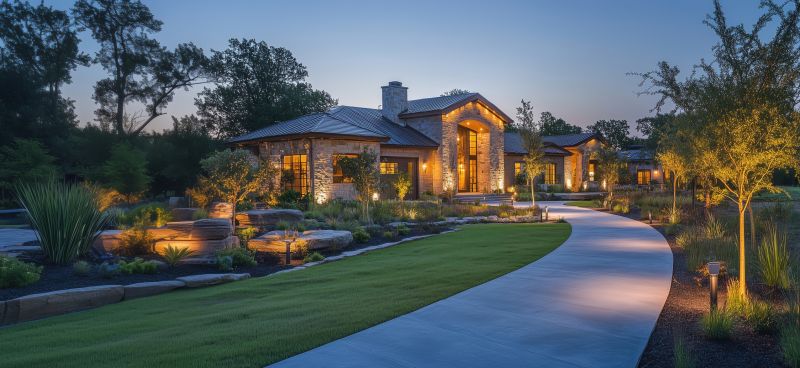
A landscape beautifully lit with flood lighting in optimal conditions.
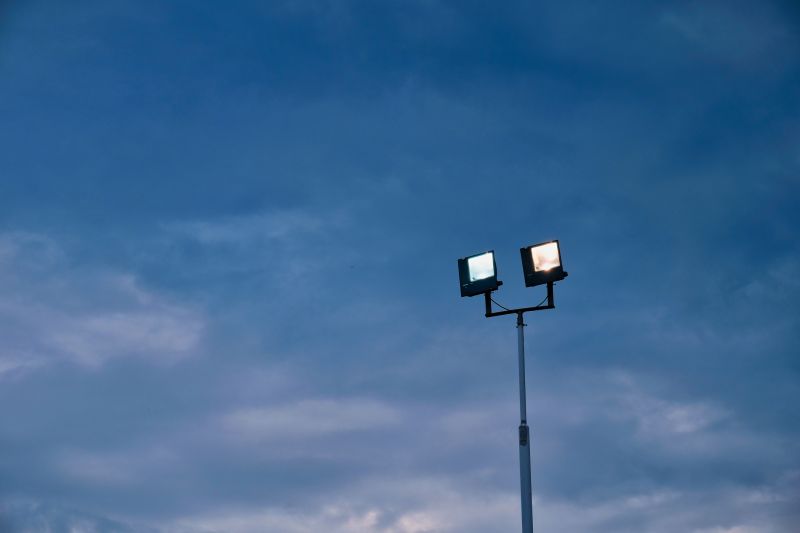
Enhanced security features with flood lights installed at strategic points.
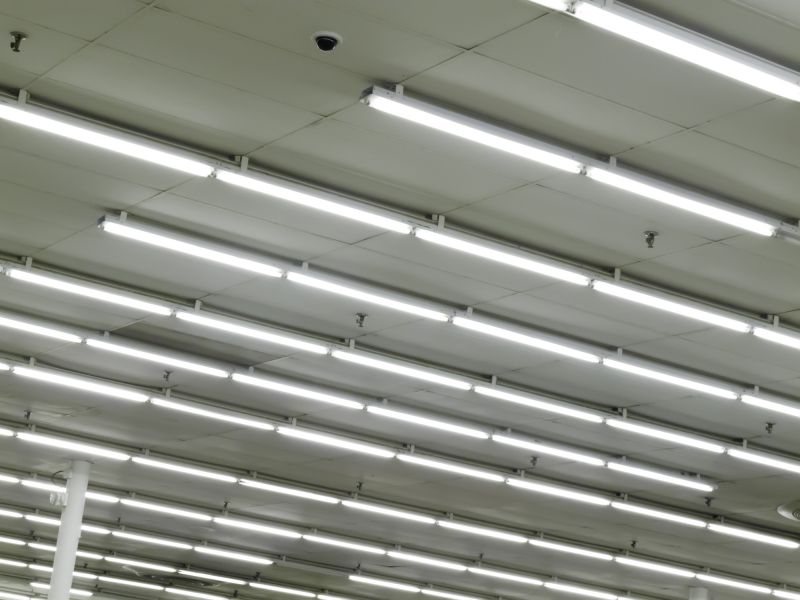
Commercial property illuminated effectively with flood lighting.
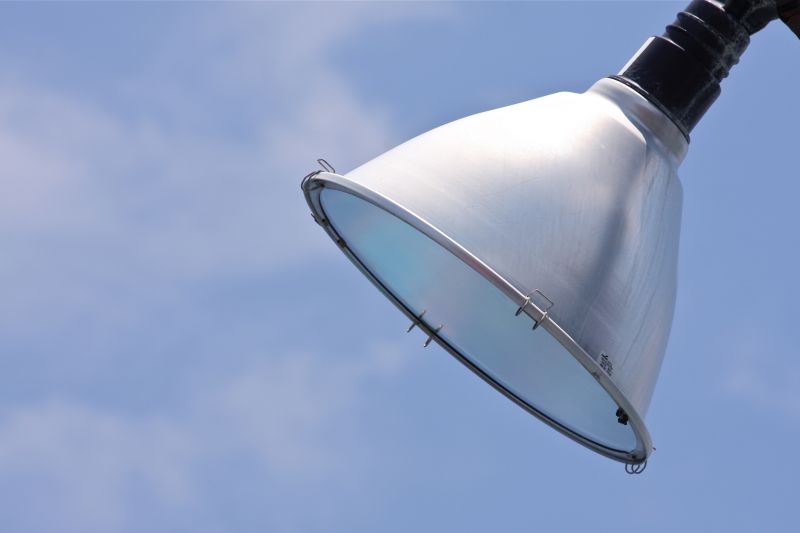
Residential outdoor spaces enhanced with flood lighting.
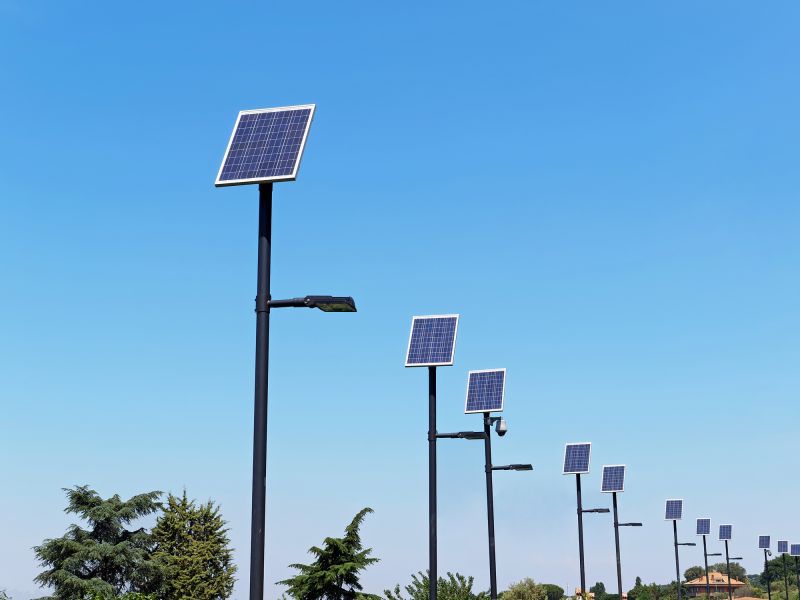
High-end options that actually feel worth it for Flood Lighting Installations.
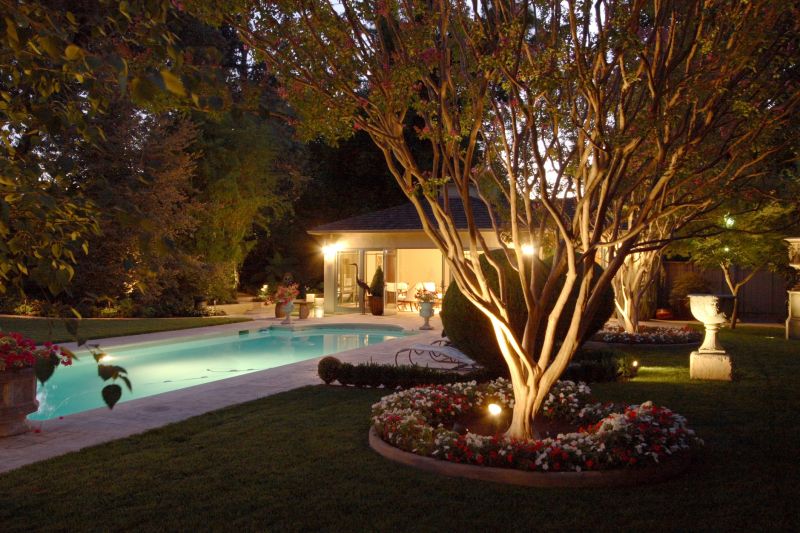
Finishes and colors that play nicely with Flood Lighting Installations.
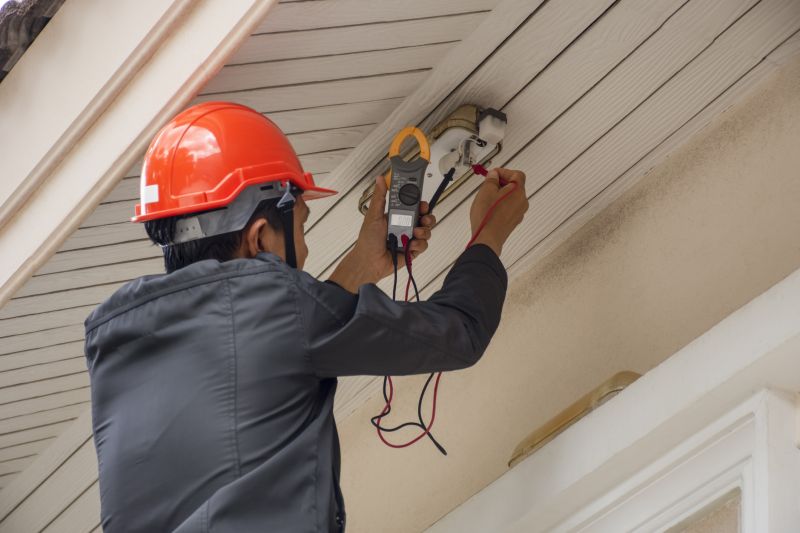
Little measurements that prevent headaches on Flood Lighting Installations day.
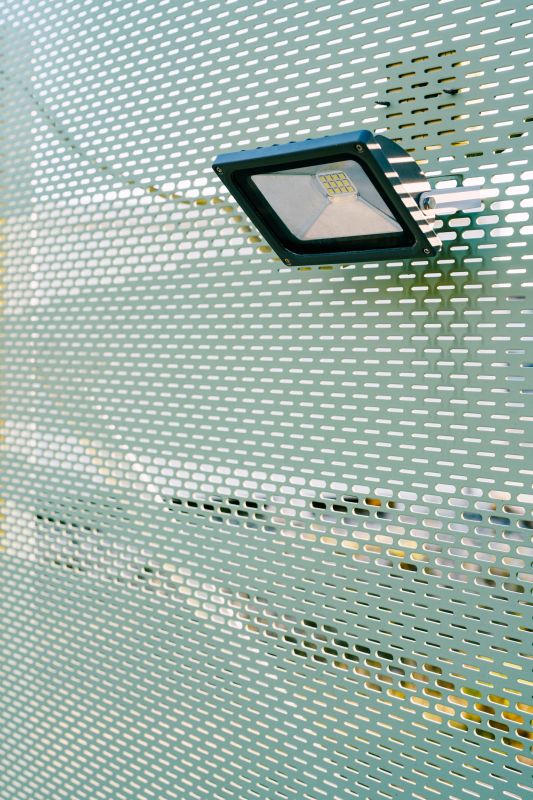
A 60-second routine that keeps Flood Lighting Installations looking new.
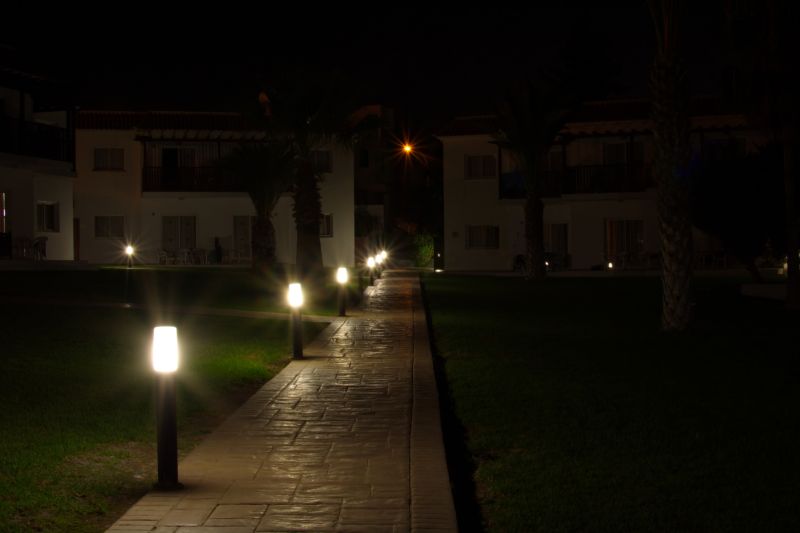
A frequent mistake in Flood Lighting Installations and how to dodge it.
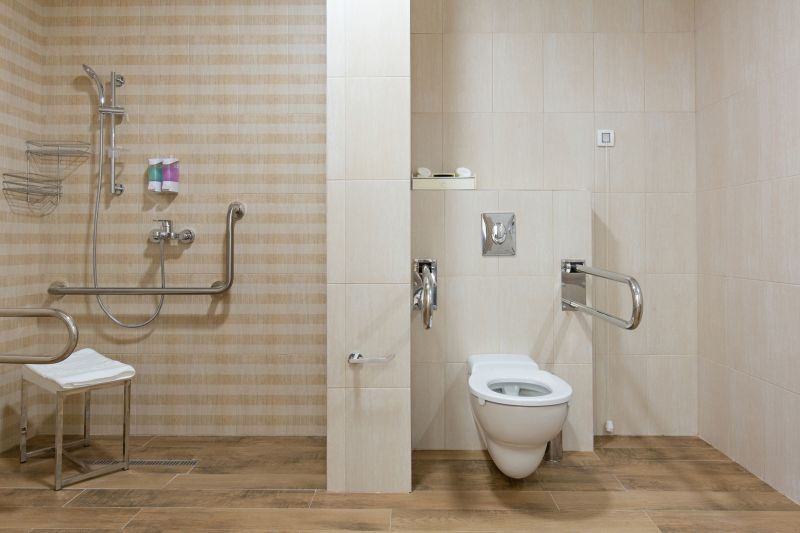
Small tweaks to make Flood Lighting Installations safer and easier to use.
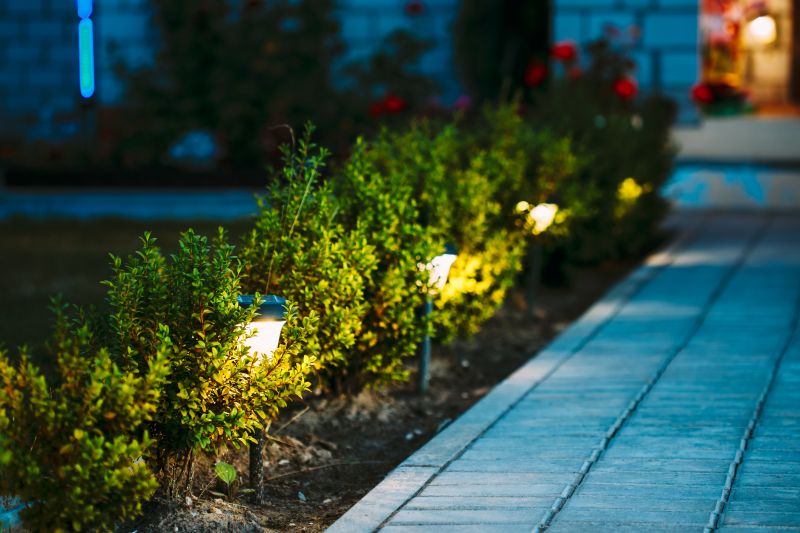
Lower-waste or water-saving choices for Flood Lighting Installations.
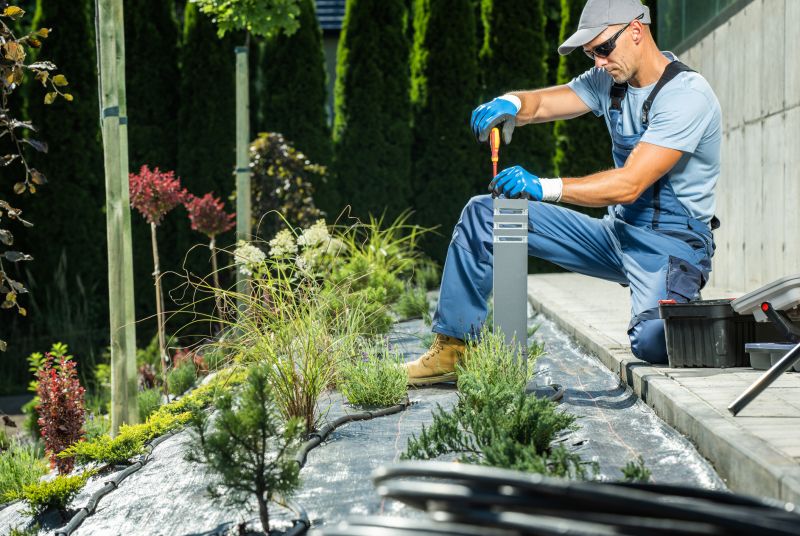
The short, realistic tool list for quality Flood Lighting Installations.
| Aspect | Details |
|---|---|
| Optimal Weather Conditions | Dry, mild weather minimizes delays and safety risks. |
| Seasonal Timing | Spring and early fall are preferred for moderate temperatures. |
| Daylight Availability | Longer days in spring and summer facilitate installation. |
| Temperature Impact | Extreme cold or heat can affect equipment and safety. |
| Scheduling Flexibility | Off-peak seasons allow for better planning and resource allocation. |
| Project Duration | Weather conditions influence the length of installation projects. |
| Material Handling | Dry conditions reduce risks during equipment transportation and setup. |
| Safety Considerations | Optimal weather enhances safety for installation crews. |
Choosing the right time for flood lighting installations ensures efficient project completion and long-term system performance. Proper planning around weather and seasonal factors can lead to cost savings and improved lighting outcomes. For those interested in scheduling an installation, contacting the relevant service provider is recommended to discuss timing and project specifics.
